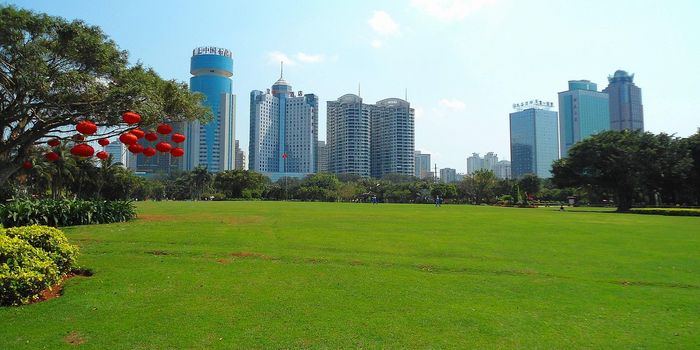The (Not So) Secret To A Happy Life: Fruits, Vegetables, and Exercise
Eat your vegetables! An apple a day! Feel the burn! These are some of the crucial ingredients of wellbeing. OK, no surprise there. We’ve long known about the correlation between lifestyle and satisfaction with life. Most of us feel better when we eat healthily and exercise — or is it that we eat well and exercise because we’re happy? If there is a causal link, what’s the direction? Does the feeling of wellbeing cause us to eat better and exercise, or the reverse?
The news from researchers at the University of Kent and University of Reading is that we’re not just talking about correlation or “What my granny told me.” We’re talking about causation. Moreover, it’s that a healthy lifestyle that causes satisfaction with life. The specific measures of lifestyle in the research were consuming fruits and vegetables, along with exercising. Other activities, such as sleeping, contribute to such satisfaction, but weren’t part of the study. Nor did they study any connection between exercising and eating well.
Researchers Adelina Gschwandtner, Sarah Jewell, and Uma Kambhampati accessed the U.K.’s Understanding Society Database for their data, using an instrumental variable approach to sift out erroneous causation — that is, inferring that satisfaction with life causes one’s lifestyle. They used delayed gratification as the instrument to correct for such error. More specifically, they wanted to know, first, “how successful [individuals] are in sticking with diets and in maintaining a longer-term perspective to the benefits of consumption.” They were then in a positioned to analyze the data about a causal relation between healthy lifestyle habits and wellbeing.
Their findings, published in the Journal of Happiness, show that delaying gratification creates the space for making better lifestyle choices, such as eating fruits and vegetables, and exercises. These choices, in turn, yield satisfaction with life. So, rather than choosing to wolf down that burger and fries, the researchers conclude, “The ability to delay gratification enables individuals to give greater weight to the investment component of lifestyle decisions rather than merely the affective component.” That delay would seem to enlarge one’s view of life. In other words, impulsive choices that reflect a focus on “Here!” and “Now!” build over time, eventually becoming a psychological (and physiological) weight that’s tough to carry.
Sources: NeuroscienceNews.com, NIH.com, Journal of Happiness









